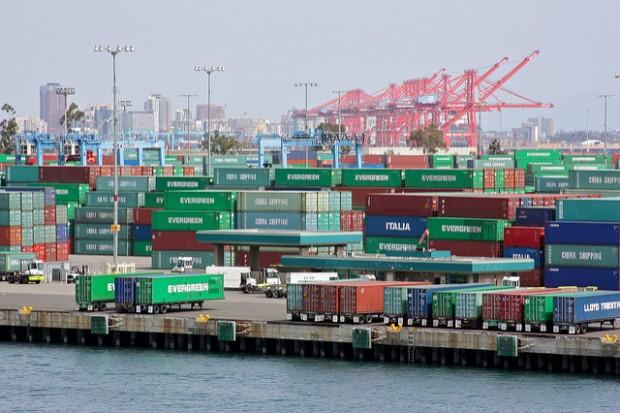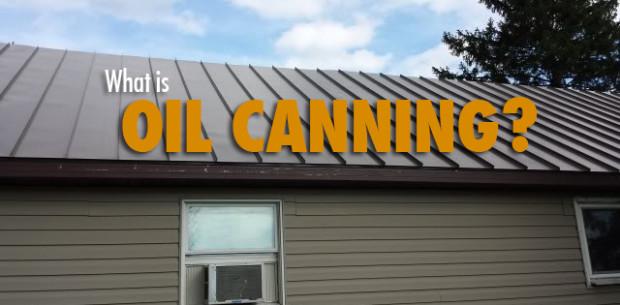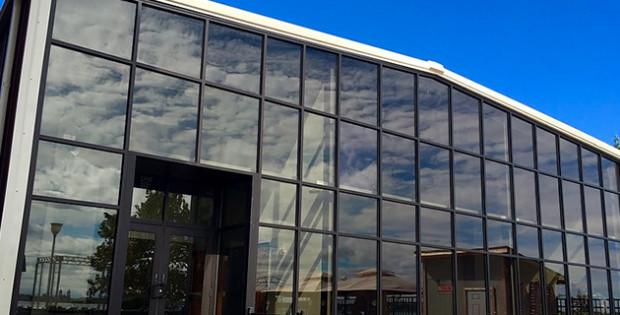Why do Clinton and Trump Keep Bringing Up Foreign Steel?

The debates are over. Come November 8th, Hilary Clinton or Donald Trump will be elected as the 45th President of the United States of America. If you were one of the millions of Americans who tuned in for one of the presidential debates, you might have heard one of the candidates mention China, foreign steel issues and question of the Chinese government’s influence on the international steel trade.
In December of 2015, the United States imposed a 256% tariff of Chinese steel imports, and clearly did so with good intentions. Chinese mills were desperate to dump their excess capacity due to the mothballing of its local markets. In all of 2015 and before, the U.S. steel mills were forced to compete with the cheap subsidized steel from China, but the new tariffs have curtailed cheap imports and are helping the U.S. mills rebound. In June, the United States International Trade Commission determined that foreign subsidies were in fact injuring the American steel industry. When the candidates hit the campaign trail, they identified this is a core issue that will affect many Americans. Regardless of where you stand on the issues or which candidate you support, most Americans can understand the ideals that promise quality over substandard steel, protect American workers and stimulate the economy.
Now, with new tariffs in place, 2016 and beyond are already shaping up to be big years for the U.S. mills. The steel industry will look to bounce back, and because they don’t have to fight off cheap Chinese subsidies, American mills will be able to regulate their own prices. Still, steel is a commodity, like oil and gas, its price is influenced by a variety of factors. Looking at the trends of the last few years, the price of steel has been very favorable since 2012 due to supply and demand, Chinese overcapacity and even current market conditions. Speaking of trends, as construction trends up with the recovery of the economy, the demand for manufactured goods, like the gas you pump into your car and the steel building you’re looking at buying, trend up as well.
Trump and Clinton have both gone on record with assurances, in their own way, to enforce America’s trade agreements and have repeatedly brought up the issue of unfairly traded imports in those televised debates and on the campaign trail. So how can this conversation affect you as a potential steel building buyer? The commitment to fight illegal foreign steel dumping by the Chinese is great news for Americans, but it might mean that your dream workshop, garage or agricultural building might cost a little bit more in the near future. But should you wait for steel prices to increase?
You could always go the cheaper route on your steel building project, but a cheap steel building is often times an expensive trap. Chinese steel – or any foreign steel for that matter – is much more inferior. Engineers from across the country routinely cite the number of impurities in the foreign steel making process, as well as additives that generally make steel weaker. Chinese steel doesn’t go through the rigorous quality control to which American steel is normally subjected. Worse yet, it’s cheap because it might not be structurally sound. When cheap, red iron buildings arrive at your job site and parts are missing, missing holes or don’t line up with each other, the cost to correct these problems start to stack up, and the savings you might have amassed quickly evaporate. What’s the point of saving money on the front end of a project if you’re just going to spend much more on the back end? What about replacement costs when a cheap building fails? Now you see why it’s such an important issue on the debate stage as well as the home front.
You’re still not guaranteed access to American steel simply by buying your steel building from an American company. Chinese firms are still buying up and partnering with American companies behind the scenes. Several steel building brokers – expensive middlemen purely in the business of outsourcing – now turn to their foreign partners for steel because it’s cheaper, and because of their partnership, it’s in their best financial interest. That is a danger to American companies who refuse to be bought and strive to deliver a 100% American-made product. Does it matter to you where companies get their steel? Do you even know where your steel building comes from? Armstrong steel is not a broker and only uses American steel.
The best and most cost effective way to buy a steel building is to purchase directly from the manufacturer. There is no guesswork involved; manufacturers like Armstrong Steel only use American-made steel and manufacture their own product, unlike brokers, who take your dimensions and shop them around to the highest bidder, mark up someone else’s product, and sell the building to you. Manufacturers have control over each step of the process, from conception to completion. In your search for a steel building supplier, look for a manufacturer with an in-house engineering and design team too. You want the same company that engineers your building to design it and manufacture it, instead of shipping work overseas.
Whether you identify as Republican, Democrat, Libertarian or something else, we all unite every election season by practicing our right to vote. More than likely, one of the candidates will rally other elected officials to see that legislation is passed and followed to prevent foreign governments from dumping cheap, subsidized steel into our country. “Buying American” is something that every United States citizen can get behind every year – not simply every election year.
Photo courtesy: Robert Raines
« Why Chinese Steel is Unsafe For Your Next Steel Building Project
Checklist: How to Manage Your Own Steel Building Project »
Popular Posts

You did it. You finally built your new steel building. Now the business that you started in a small room with 10 people has finally grown and expanded. Now the workshop you’ve wanted for the last 30 years is finally standing. You’re on top of the world and ready to work even harder. Maybe you’re… …

Your business is your livelihood. It’s probably the reason you can afford the house you live in and provide for your family. With so much riding on the business, I’m sure you analyze and even overanalyze every decision. You wouldn’t be the first to admit it. Nothing should be left up to chance because, frankly,… …

